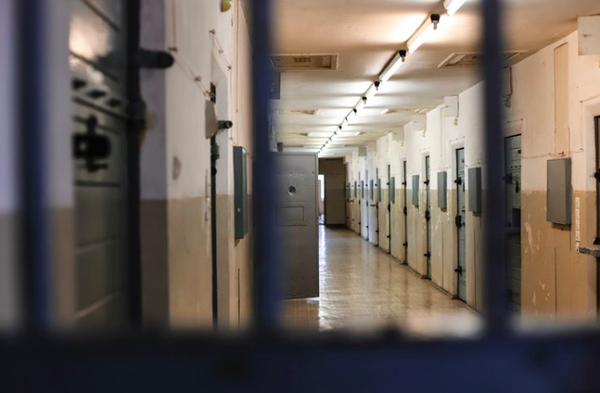Bucks and Montgomery counties each will receive $150,000 in federal funds for medication-assisted treatment at county jails for inmates with opioid use disorder, the Wolf administration announced Tuesday.
The grants are part of a $1.2 million package covering nine Pennsylvania counties' expansion of services for incarcerated individuals in need of treatment.
Jails will receive funding for use in combination with cognitive behavioral therapy programs aimed at helping inmates in recovery prepare to re-enter the community.
- RELATED ARTICLE
- Local man fighting addiction stigma invited to State of the Union address
- To combat opioid crisis, Gov. Wolf expands college debt repayment program for addiction specialists
- Temple researchers make progress on alternative to opioids for chronic pain treatment
"We are treating substance use disorder as the chronic disease it is rather than as an acute illness," said Steve Seitchik, program coordinator for the Department of Corrections' Medication-Assisted Treatment (MAT) program. "Research results suggest that long-term care strategies of medication management and psychosocial counseling produce lasting benefits and the use of MAT for those suffering from substance use disorder should be insured, treated and evaluated like other chronic illnesses."
Bucks County officials told the Courier-Times that the new protocol will only affect inmates who enter jail with a valid prescription for buprenorphine, the partial opioid agonist commonly sold as Suboxone. The drug works by inhibiting the narcotic effects of opioids and reducing withdrawal symptoms.
With the expanded program, however, it is expected that more inmates will be able take advantage of the opportunity to receive this treatment.
Inmates at jails in both counties currently are not offered drug-assisted detox programs, though naltrexone injections have been provided in Bucks County to inmates who have already detoxed. Most of the time, inmates have been given medications to reduce withdrawal symptoms.
The grants are part of a larger $55.9 million federal Substance Abuse and Mental Health Services Administration (SAMSHA) grant secured by the Wolf Administration to address the prescription opioid and heroin epidemic in Pennsylvania.


